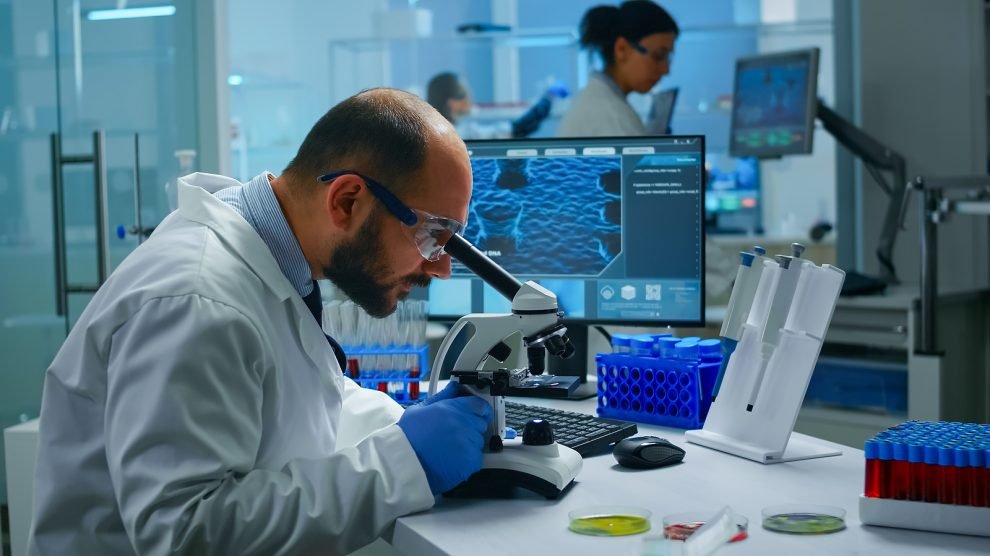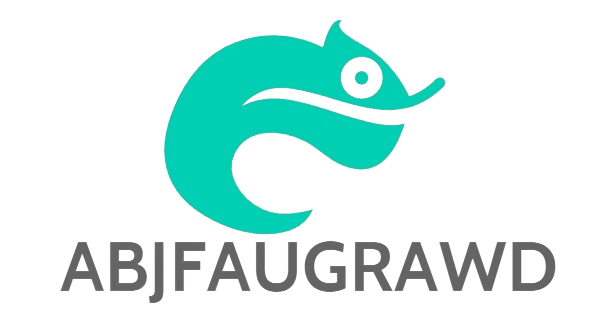
Few programmes in the European health tech start-up calendar carry as much clout as Reactor, a three-month-long remote programme for early-stage start-ups and entrepreneurs who want to develop their business competencies and health-related business ideas.
Graduates from the programme last month had the chance to showcase their innovations at Demo Day, a now annual event that provides an additional boost for start-ups seeking to enter the enormously competitive healthtech sector.
“It's challenging to begin a business, especially in the healthcare industry, and it's even more complicated to scale up,” says Daniel Szemerey, co-founder and CEO of Health Venture Lab (HVL), the Hungary based accelerator which organises the Reactor programme in partnership with GE Healthcare.
“To manoeuvre within this highly-regulated environment, entrepreneurs need support in the ecosystem and corporations. HVL and our partners need to see them thrive, so we offer market insights they would certainly be unable to receive.”
In to prepare the Reactor's latest cohort – which absorbed 15 projects from across 12 countries – with this year's Demo Day, teams were immersed for weeks with mentors and over 30 GE Healthcare experts.
These shared vital know-how and experience across over 100 one-on-one consultations spread across four sprints, lasting 10 weeks in total.
Expertise
Andras Szilagyi, co-founder and CEO of IT-MEDicine, a Hungarian company developing gynaecological diagnostic devices, says that it is primarily the expertise that makes Reactor such a huge draw.
“A big plus from the Reactor programme is it gave us an opportunity to meet with GE Healthcare experts. They work in the same field as us, but have decades of international experience in all areas: sales, software engineering, product development and legalities,” he tells Emerging Europe.
Szilagyi believes that his firm emerged from the event equipped with a deeper knowledge of the industry, its challenges, and the strategies needed to overcome these challenges.
“We received deep knowledge of the European healthcare sector and also the marketing and purchasers of medical devices,” he states.
“The lectures and one-to-one discussions with experts widened our knowledge of how we should act available on the market and the specific things we ought to look after.”
Szilagyi goes on to add that Reactor's Demo Day was the perfect chance to network with fellow start-ups in the industry, a chance which many healthtech start-ups miss out on.
'Colossal visibility'
Such views are echoed by Madara Kalnina-Kalnmale, managing director at LightSpace Technologies, a developer of 3D imagery to be used in medicine.
“Overall [Reactor'21 Demo Day] gave us colossal visibility and the chance to satisfy the right people, and now we will work on exploring further collaboration opportunities.
“Usually it requires a long time to find the right individuals huge corporations however the Reactor programme accelerated our road to another division, key people, also it all happened in the right time and right place.”
With the Covid-19 pandemic accelerating the interest in technology-based healthcare solutions, initiatives like Reactor provide necessary guidance, designed for firms in Central and Eastern Europe that usually lack access to expertise and networks.


